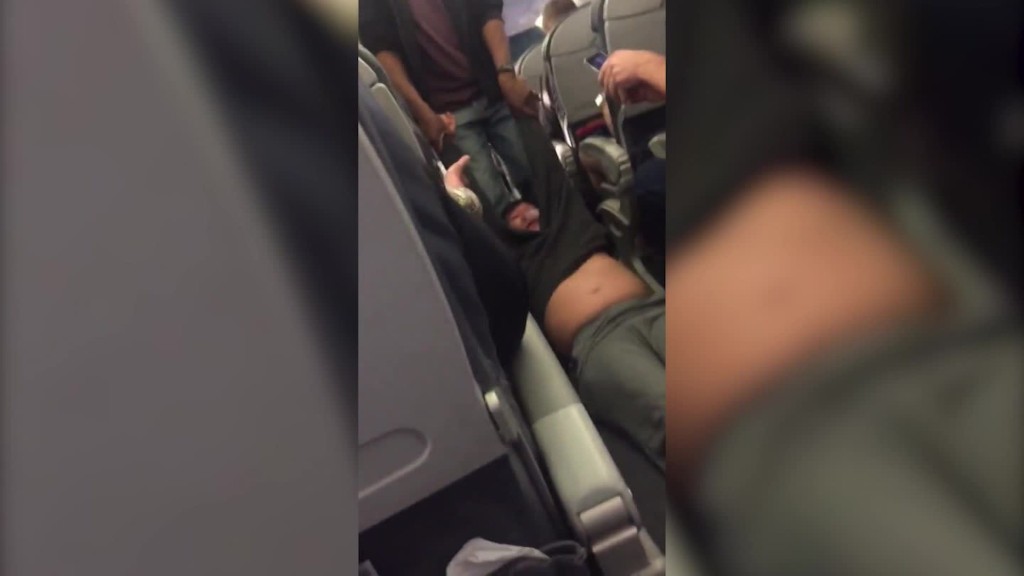
When you pay for an airline ticket, the expectation is simple: You'll be allowed to board the plane and fly to your destination.
But airlines reserve the right to bump you off a flight for plenty of reasons, all of which you sign off on when you book the flight.
1. Overbooking. One of the most notorious explanations for bumping passengers is overbooking -- when an airline sells more tickets than there are seats. If too many passengers show up, some will be offered travel vouchers in exchange for taking a different flight.
One airline, JetBlue, advertises its policy to never overbook flights as a selling point. But even its passengers are at risk of being denied boarding for other reasons.
2. Safety reasons. Airlines sometimes need to swap out a bigger airplane for a smaller one due to mechanical issues, reducing the number of seats available.
Related: The often-overlooked reason United can kick you off your flight
Companies may also need to reduce the amount of weight on board if an airplane is too heavy to safely take off, land or carry enough fuel.
3. Employee transportation. An airline could need to bump passengers to make room for crew members who need to fly to another airport in order to work. That's what happened Sunday when an unwilling passenger on a United Airlines flight from Chicago to Louisville was physically removed from the plane.
4. Breaking airline rules. Airlines also require ticket buyers to follow rules that govern behavior. American Airlines, for example, says it may refuse to allow you on board, if you refuse to give them identification or if your conduct is "disorderly, abusive or violent."
Related: What to do if your flight is overbooked
If an airline has to bump passengers because a flight is too full, there are certain rules to follow which vary by carrier.
United's contract says it bumps people with disabilities and unaccompanied minors as a last resort. Delta Air Lines says it considers check-in order and loyalty status.
There are also federal rules that require airlines to first ask whether anyone will give up his or her seat, according to the Department of Transportation. The volunteer is usually given a travel voucher or gift card.
If no one volunteers, an airline can involuntarily bump passengers. But carriers must provide extra compensation if they take more than an extra hour to get to their final destination.
--CNNMoney's Jon Ostrower contributed to this story.
